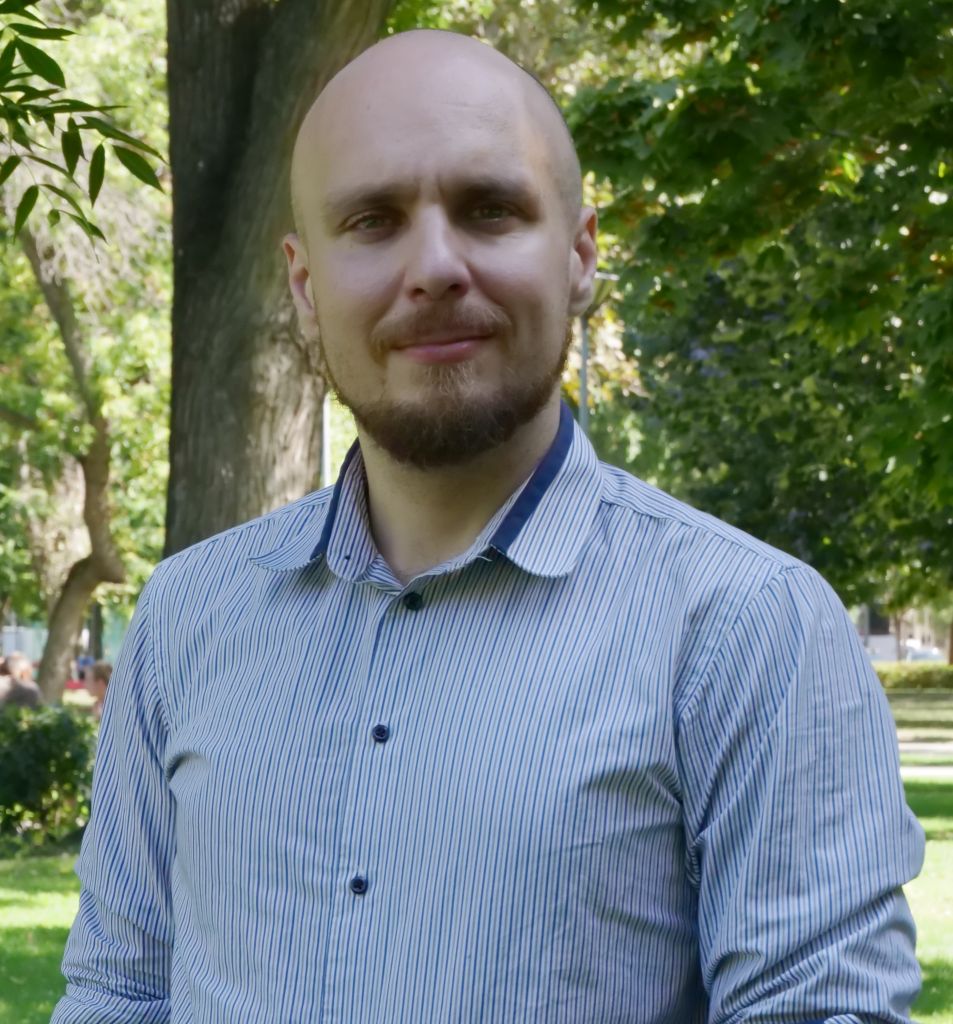The https://english.atlatszo.hu use cookies to track and profile customers such as action tags and pixel tracking on our website to assist our marketing. On our website we use technical, analytical, marketing and preference cookies. These are necessary for our site to work properly and to give us inforamation about how our site is used. See Cookies Policy
Legal loopholes enable NGOs supporting the governing party to receive public funds
Two laws in the Hungarian legal code forbid civil society organizations from receiving state funding if they cooperate with political parties or are otherwise involved in political activities. However, legal loopholes created after 2010 allows the government to fund such groups from the Urban Civilian Fund, including GONGOs who’s name appeared on the ballots, nominating Fidesz politicians.
The Urban Civilian Fund (Városi Civil Alap – VCA) is a national funding program officially launched to finance local non-governmental organizations, which took over the role of the defunct Norway Fund in 2021. NGOs seeking funding need to apply to the state-owned Bethlen Gábor Fund Management Inc., which handles the eponymous Bethlen Gábor Fund.

NGOs on the ballots, supporting pro-government candidates
Since the creation of VCA, Bethlen Inc. showed heavy bias to groups that are registered as non-governmental organization, but are led by local officials of Viktor Orbán’s Fidesz party. Thus, VCA essentially became another way of funding the government parties’ campaign efforts. This is best exemplified by the so-called NGOs that entered into official cooperations with Fidesz politicians. The names of some such groups even appeared on ballots in national and local elections.
Hungarian election laws allow NGOs to nominate candidates for the parliament and local councils), either alone or as a member of a coalition.
For example, the 4th district of Budapest, and the towns of Hódmezővásárhely and Dabas, Fidesz politicians ran as joint candidates of local allied GONGOs. Those GONGOs received millions of HUFs of VCA funding each year through the fund’s existence.
Dubious legality
Ákos Hadházy, an opposition MP pointed out in a Facebook post that this violates the law concerning the transparency of national funding as well as the law on the Bethlen Gábor Fund. They both forbid NGOs cooperating with political parties and carrying out political activities, such as nominating electoral candidates, from receiving funding.
However, assessing legislation and the accounting of the funds, we find that legal loopholes allow Bethlen Inc. to legally distribute public money to GONGOs. The Transparency Act (Act 2007/CLXXXI on the Transparency of Public Funding) cited by Hadházy is at first glance, seems to be very clear: it specifically excludes from public funding organizations that have entered into a cooperation agreement or electoral alliance with any party in Hungary in the last five years.
However, as Miklós Ligeti, Chief Legal Counsel of Transparency International Hungary, pointed out to Átlátszó, this restriction was overwritten by the Public Finance Act (Act CXCV of 2011), which came into force in 2012. The Public Finance Act has redefined the scope of those who are not eligible to receive support from the central state budget, excluding only certain officials, such as mayors and the Prime Minister.
The law also “temporarily” suspended the provision of the 2007 Transparency Law, and this suspension has not been removed since.
The Bethlen Gábor Fund, along with the associated state-owned company, Bethlen Gábor Fund Management Inc., was created with the Act CLXXXII of 2010. This act also forbade the funding of NGOs involved in political activities, which the last three years’ VCA fundings seemingly violate.
Same entity, different pockets
However, the trick is that the law only forbids political groups from receiving parts of the Bethlen Funds. In the Bethlen Fund’s financial reports (published on the parliament’s website), VCA is not accounted as a part of the Bethlen Fund. After some digging, we found a financial report published by the Prime Minister’s Office (Miniszterelnökség). In it, one instance of spending is marked as “support for non-profit, social, civil society organizations and public bodies”, and of the same amount (4.8 million HUFs) as the VCA.
It appears that VCA is accounted as a part of the Prime Minister’s Office’s budged instead of a part of the Bethlen Fund.
The Bethlen Fund’s manager merely distributes the money, which is thus does not fall under the strict regulations of the Bethlen Fund Act.
This is despite the fact that from a financial and organization standpoint, the Prime Minister’s Office, the Bethlen Fund and its management company are essentially one entity. The Fund is overseen by the four-member Bethlen Gábor Fund Committee, one of whose members is Árpád Potápi, Head of the State Secretariat for National Policy under the Prime Minister’s Office. The other members are Deputy Prime Minister Zsolt Semjén, Deputy State Secretary Richárd Adorján, and László Szakács Áron, Managing Director of the Széchenyi Programme Office.
Moreover, the majority of applications for Bethlen Fund grants also go through the Prime Minister’s Office.
According to the 2022 report, applications for BGA grants awarded on an individual basis (50 percent of the fund’s budget) have to be submitted to the State Secretariat for National Policy. “The Secretariat of State forwards the application with its technical proposal to the Fund Manager for the preparation of the decision, for the execution of the grant transaction,” the report reads.
“Although the usual government legislative trickery was used to ensure that public funds could be distributed to NGOs important to Fidesz in a technically legal way, the path of the money was not completely concealed. Therefore, Transparency International Hungary will use a freedom of information request to find out whether the money from the Urban Civil Fund was really only given to organizations that were favored by the government, and whether the real NGOs, if they applied at all, even had a chance. We will also ask who managed to decide how the money was distributed,” Miklós Ligeti told Átlátszó.
Written and translated by Zalán Zubor, the Hungarian version of this story is available here.

